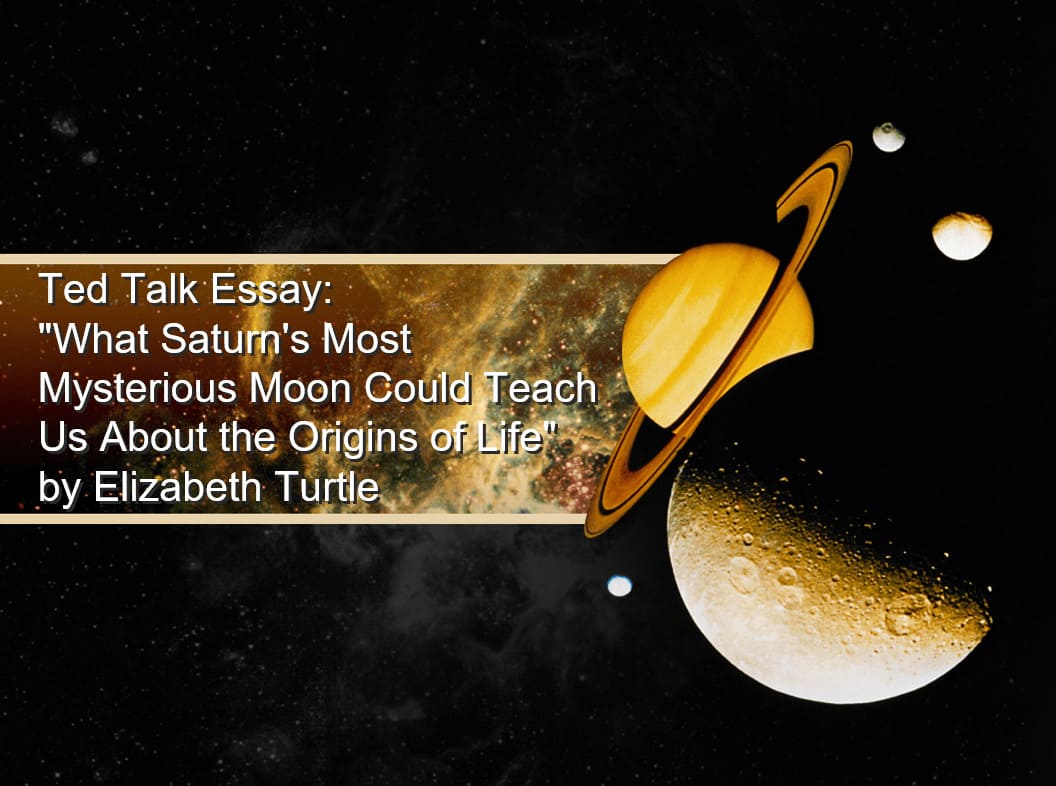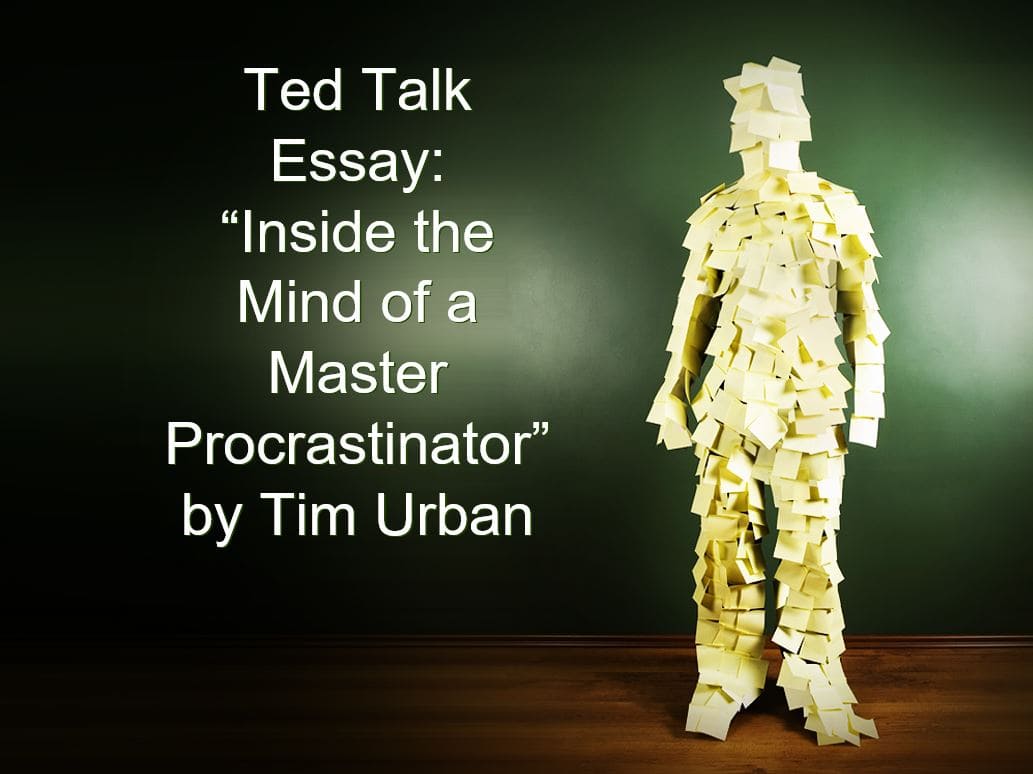Infidelity may occur in any relationship. Nonetheless, infidelity seldom emerges as a major element of the discourse on romantic relationships. In this Ted Talk essay on “Rethinking Infidelity … A Talk for Anyone Who Has Ever Loved” by Esther Perel, the speaker addresses the modern-day motivations for cheating and highlights its impact on maintaining or rebuilding a relationship in the digital age, which is valuable knowledge for romantic partners.
The Main Theme of the Talk
In “Rethinking Infidelity,” the author’s core message concerns people’s understanding of infidelity, especially the primary reason for cheating. Perel argues that the need to explore “another self” is the underlying cause for infidelity, although people assume that cheating stems from the failures of one’s partner (12:24-12:36). Often, cheating is not a consequence of a partner’s flaws. Experiencing an identity crisis may cause an individual to seek a partner that suits or supports the newly emerging aspects of the self. The motivation for cheating is rarely attributed to an externality.

Personal Experience
Perel’s presentation closely relates to a recent event where my partner was worried that I was participating in modern-day infidelity. The contemporary society offers multiple channels for communication that allow for the development of intimate connections, which blur the traditional meaning of infidelity (Goldstein par. 4). My partner was not comfortable with the amount of time I spent chatting with a childhood friend whom I met at school. I did not understand the rationale behind my partner’s position because I did not engage in any sexual activity. Based on Perel’s talk, it is apparent that the development of an intimate connection is a form of infidelity.
Personal Opinion
In my opinion, Perel’s attempt to redefine infidelity in the contemporary context is important to all romantic partners. Nelson and Salawu note that emotional infidelity manifests in subtle relationship structures where a friend or confidant exits under a generic title of ‘just friends,’ and enjoys the benefits that should be privileges of one’s partner, for instance, one-on-one intimate bonding time (170). In the contemporary setting, romantic partners should recognize the slippery slope of having ‘just friends’ because it creates an opportunity for emotional infidelity. Consequently, Perel’s ‘new’ definition for infidelity highlights the risk of emotional infidelity, which should guide partner behavior.
Applying the Information
Perel’s message is invaluable in responding to a partner’s infidelity, especially if the goal is reconciliation. Peluso argues that increasing partner dissatisfaction and a sense of unfulfillment are common components of infidelity (38). Perel’s perspective on infidelity provides guidance that I find useful in addressing dissatisfaction in my partner, which may facilitate the recovery of a relationship. The knowledge conveyed in Perel’s talk may prove vital in beginning the healing process for a relationship that experiences infidelity.
Surprising Fact
The most surprising fact in Perel’s talk is that infidelity is punishable by death. Perel acknowledges that “there are still nine countries where women can be killed for straying” (2:44-2:46). Infidelity among women is still considered to be worse than infidelity among men. The occurrence of infidelity-related killings adds some weight to the discourse of infidelity.
Summing Up
The awareness of romantic partners to the evolving motivations for cheating may prove vital in establishing a relationship and recovering from infidelity. Cheating is rooted in the deficiencies of the self rather than the mistakes of one’s partners. Partners should avoid complicated relationship structures due to the risk they pose to their romantic relationships. Overall, understanding the effect of dissatisfaction on the self is crucial in addressing infidelity in a relationship.
Works Cited
Goldstein, Nikki. “Modern-Day Infidelity: What Constitutes Cheating These Days.” Huffington Post, 2016, www.huffingtonpost.com.au/dr-nikki-goldstein/modernday-infidelity-what_b_8012972.html.
Nelson, Okorie, and Abiodun Salawu. “Can My Wife Be Virtual-Adulterous? An Experiential Study on Facebook, Emotional Infidelity and Self-Disclosure.” Journal of International Women’s Studies, vol. 18, no. 2, 2017, pp. 166-179, vc.bridgew.edu/cgi/viewcontent.cgi?article=1937&context=jiws.
Peluso, Paul R. A Family Systems Guide to Infidelity: Helping Couples Understand, Recover From, and Avoid Future Affairs. Routledge, 2019.
Perel, Esther. “Rethinking Infidelity … A Talk for Anyone Who Has Ever Loved.” TED, 2015, www.ted.com/talks/esther_perel_rethinking_infidelity_a_talk_for_anyone_who_has_ever_loved.


